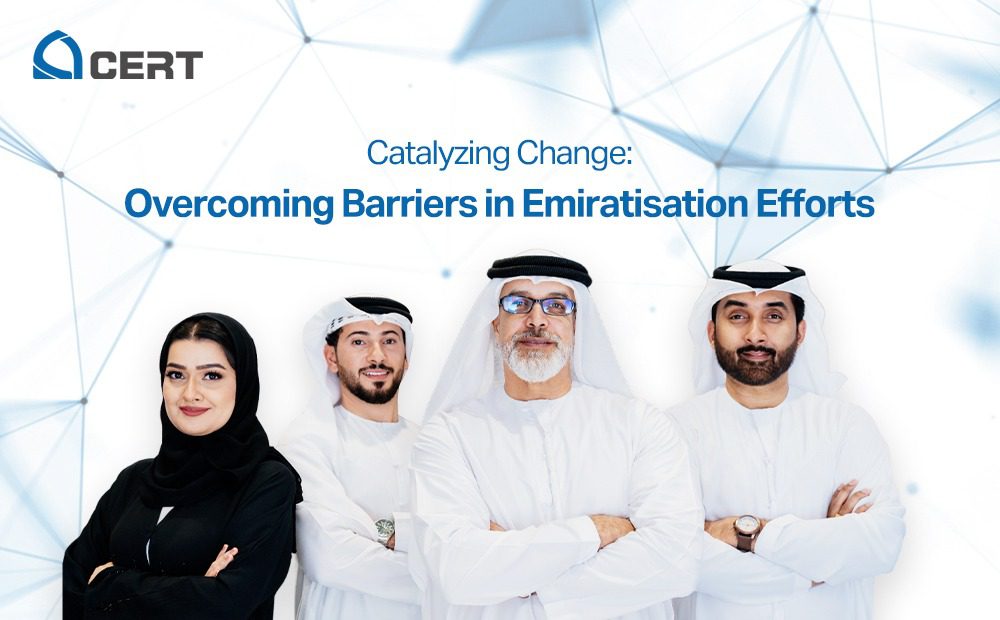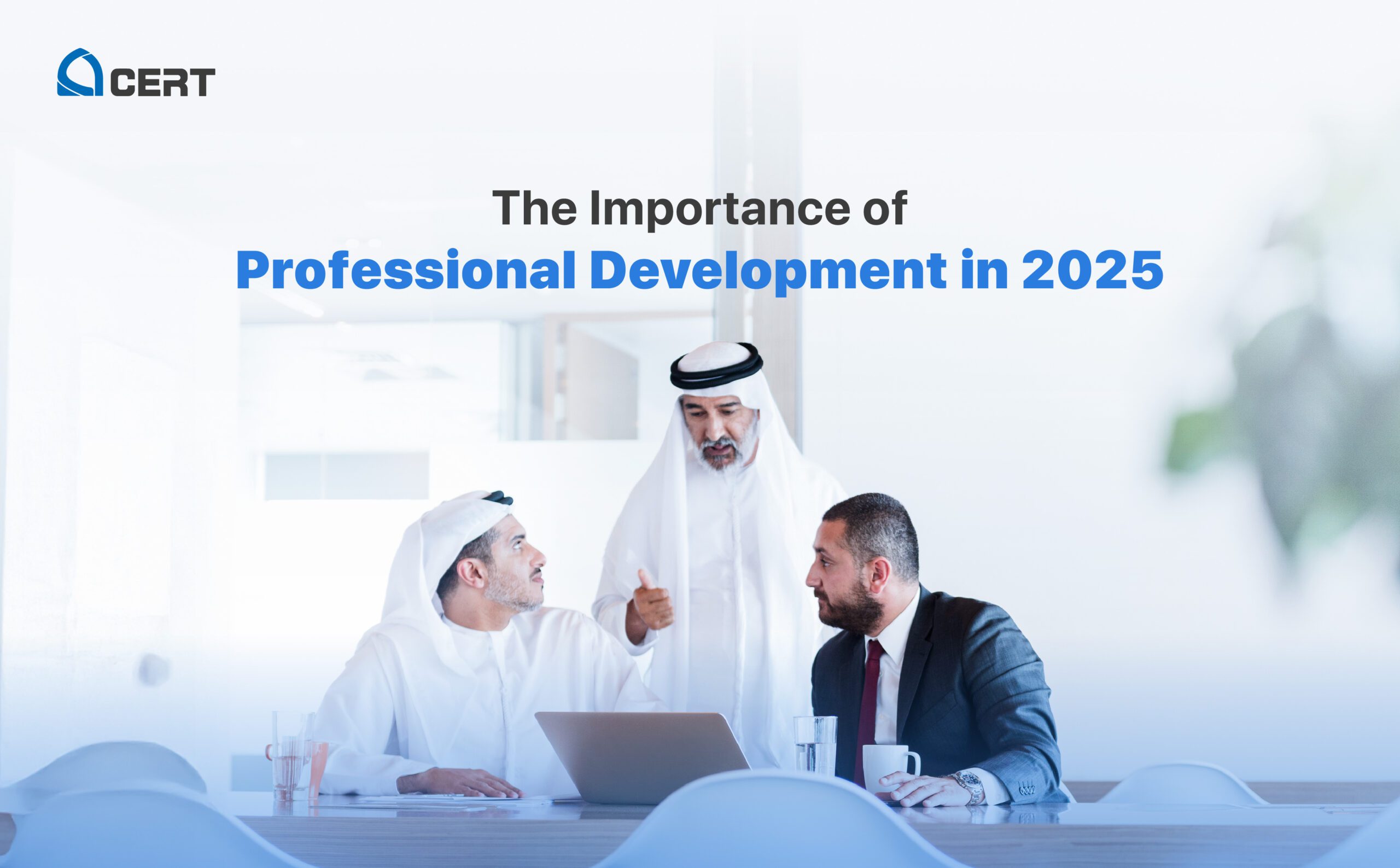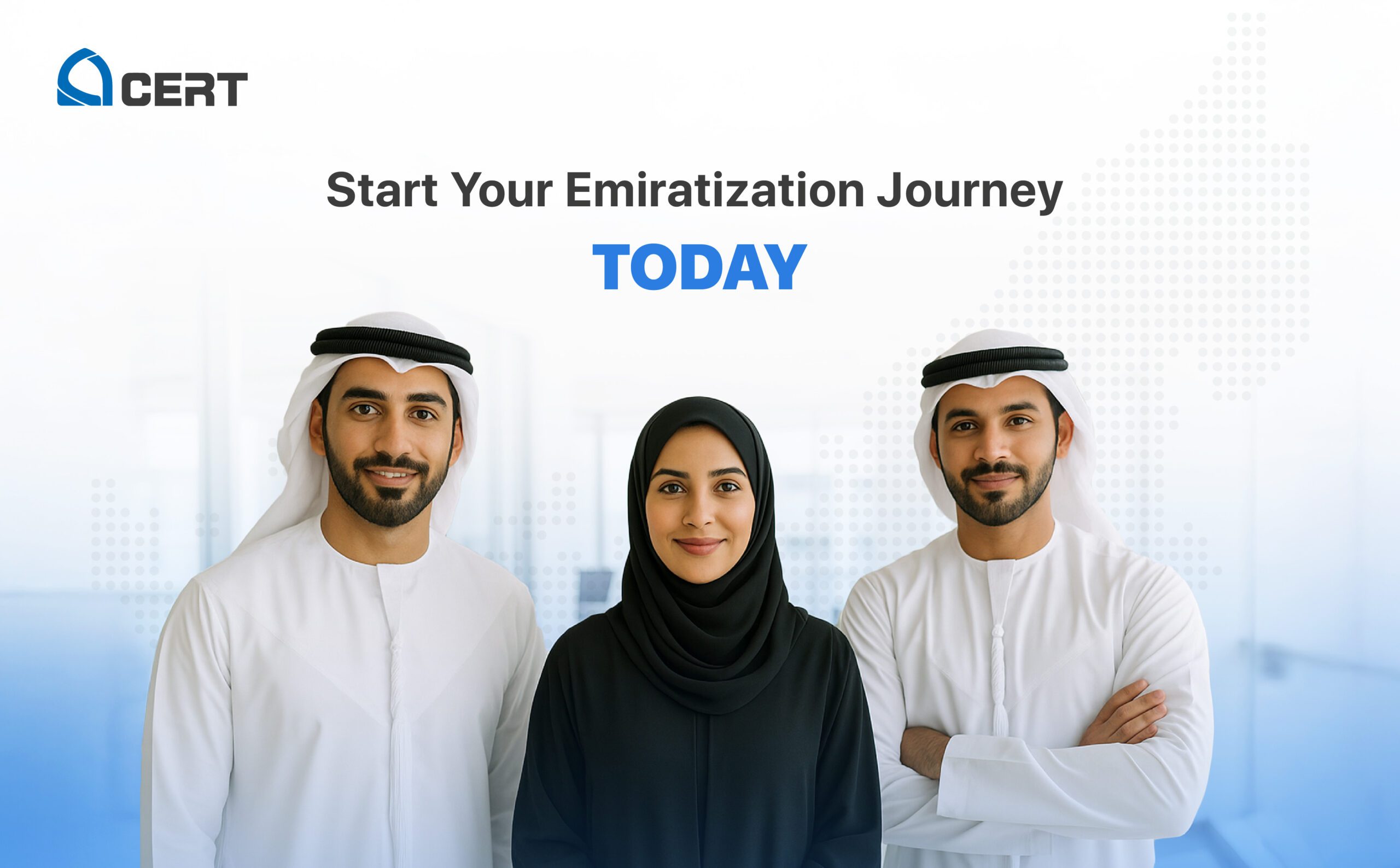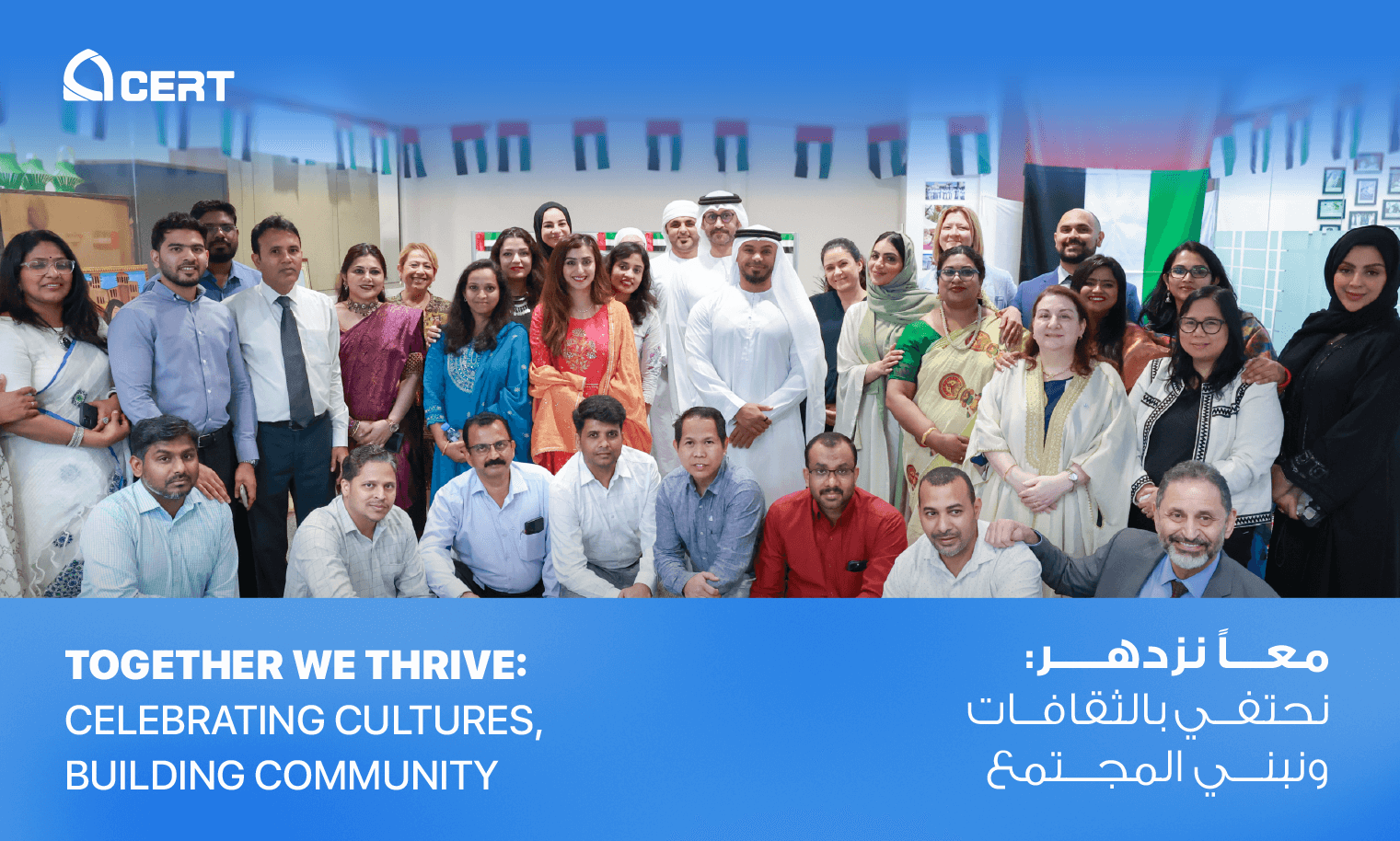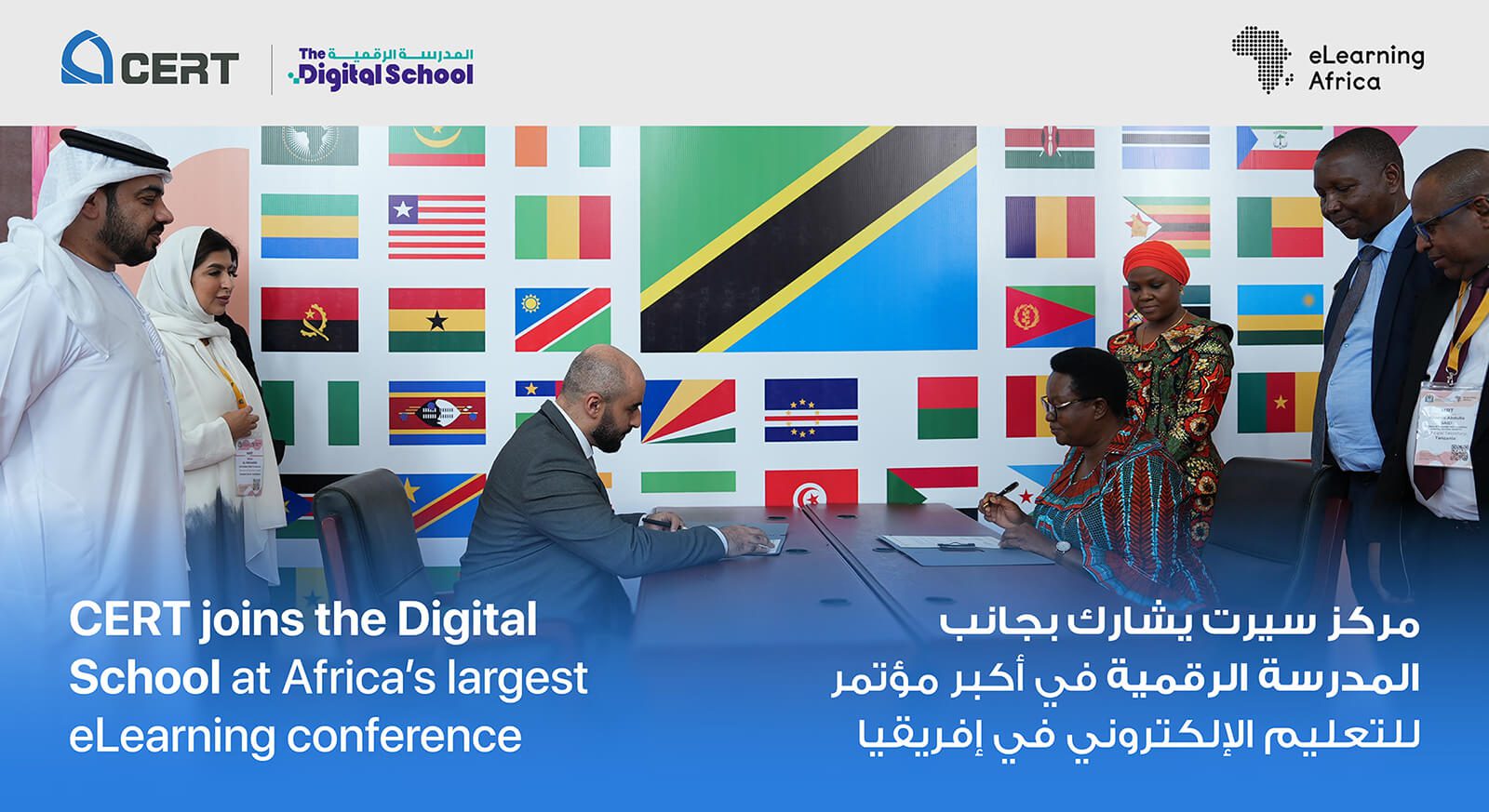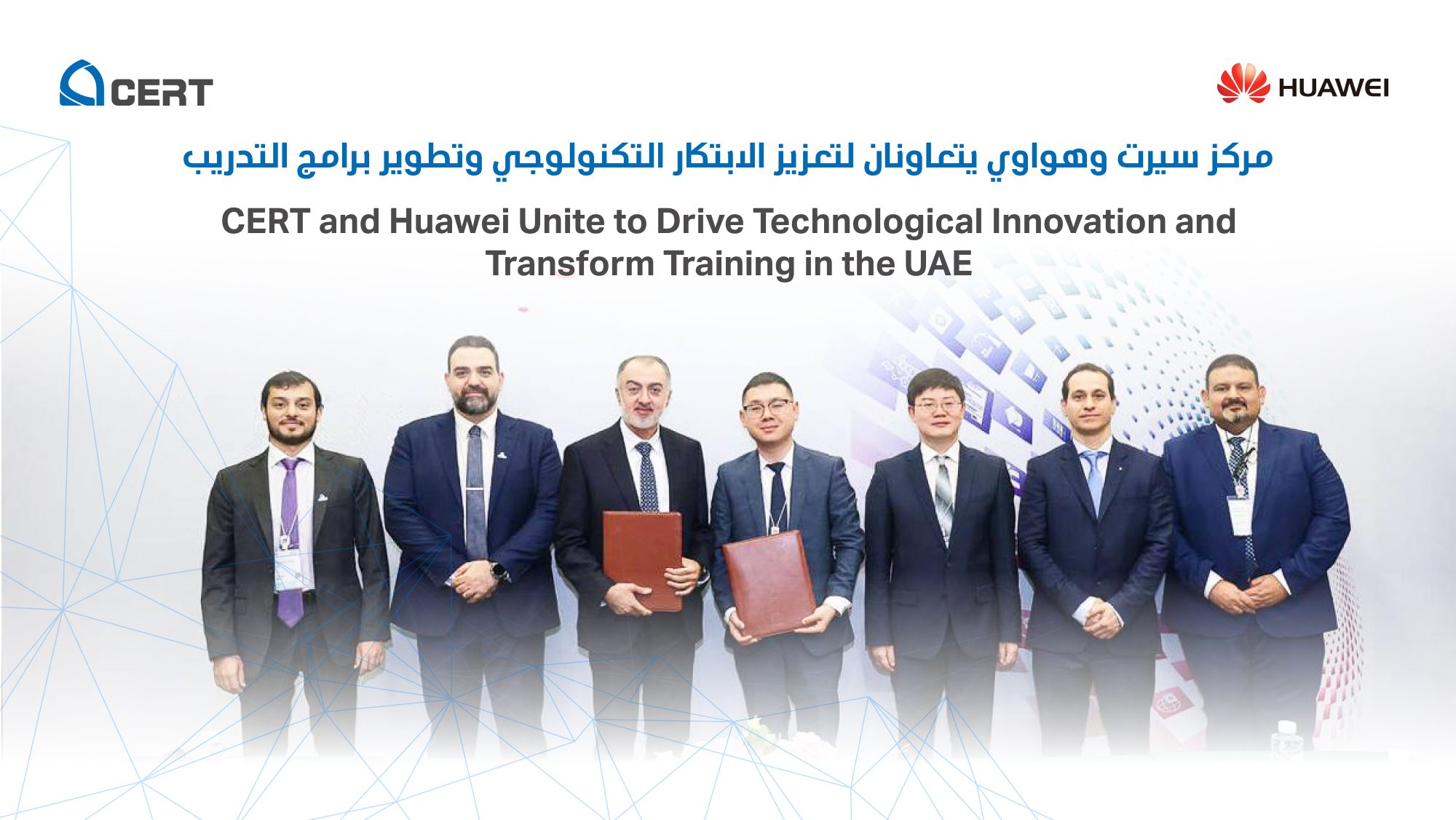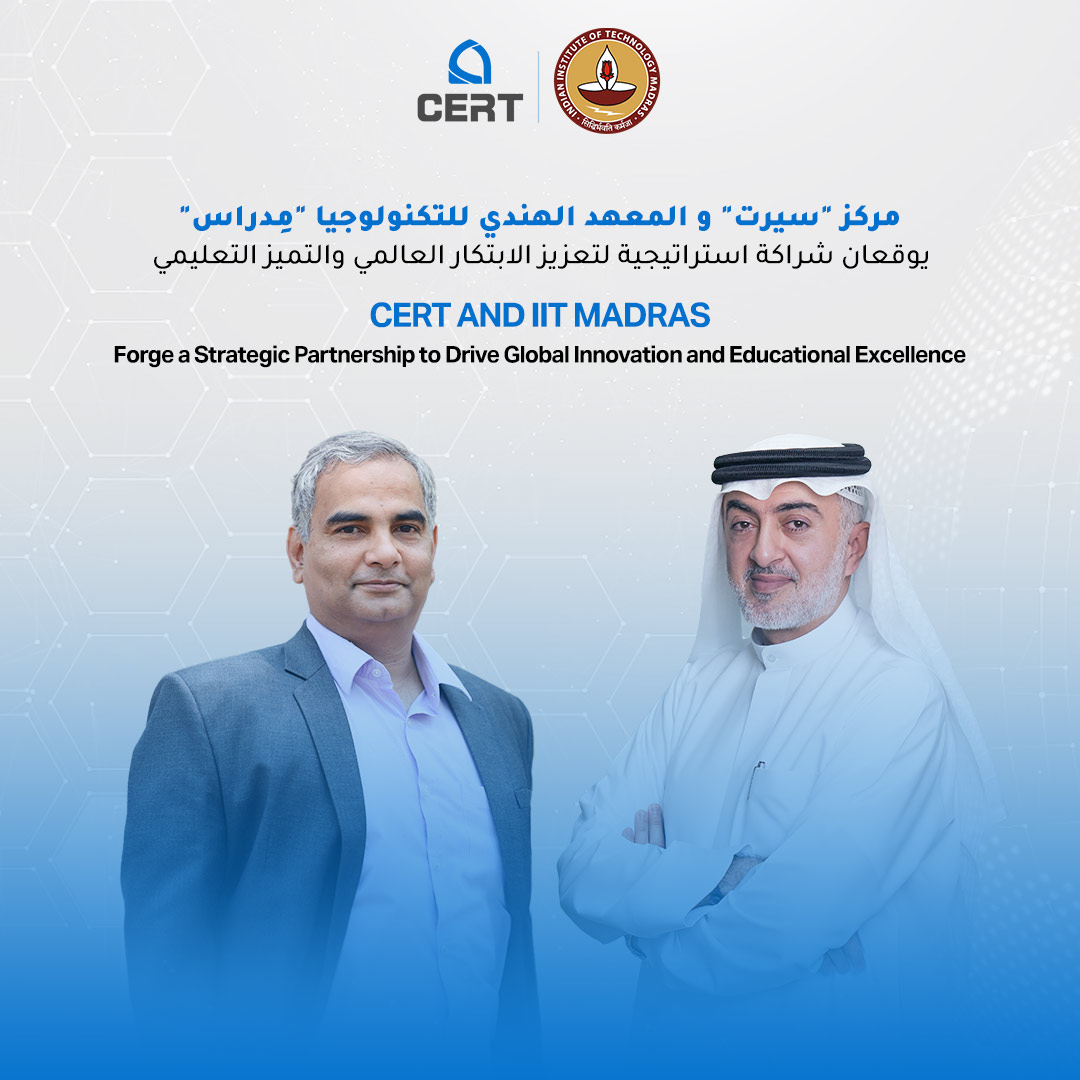The UAE has always held a magnetic appeal for those planning to move abroad, with Dubai undoubtedly taking the lead in elevating lifestyles. However, maintaining a balanced workforce ratio in such a place can become challenging due to its large population of expatriates. This influx of foreign workers contributes to a dynamic environment but also presents unique challenges for workforce management and sustainability.
While the government and authorities have implemented various measures to drive Emiratisation, ranging from incentivizing companies – such as offering reduced license fees and other benefits – to imposing strict regulations, the challenges persist.
Targeted Initiatives for a Diverse Workforce
Notably, companies with over 50 employees must increase their Emiratisation rate by 2% annually among skilled workers. Additionally, a targeted approach has been implemented to enhance Emiratisation, especially in companies with a substantial expatriate workforce.
Businesses employing at least 20 expatriate workers are now subject to a concrete quota. They are mandated to actively contribute to the national workforce by hiring at least one UAE citizen in 2024, with another requirement for another hire by 2025. This directive extends its reach across 14 sectors, including real estate, education, construction, and healthcare, emphasizing the breadth of Emiratisation efforts.
Why is Emiratisation a Priority for the UAE Government?
Understanding the context and rationale behind this initiative is essential. While a diverse workforce — recruited from different parts of the world — can bring varied perspectives and skills, the main driver for Emiratisation is the profound need for sustainability and long-term national development. It’s not about restricting the influx of qualified professionals from different regions but rather about building a workforce that reflects the demographics and aspirations of the UAE.
Cultural Identity and National Unity
Emiratisation is instrumental in preserving cultural identity and fostering national unity. Ensuring a significant number of UAE citizens are part of the workforce not only preserves our heritage but also strengthens the deep connection and sense of belonging among our people.
Knowledge Transfer and Skill Development
Emiratisation serves as a pathway for sharing knowledge and skills with the local population. It helps Emiratis to gain expertise across diverse sectors, fostering self-reliance and reducing dependence on foreign talent.
Sustainable Economic Growth
A robust Emirati workforce is fundamental to achieving sustainable economic growth. When Emiratis actively engage in vital industries, they contribute to diversifying and fortifying the economy, reducing vulnerability to external factors.
Social Stability and Well-being
A balanced presence of Emiratis in the workforce nurtures social stability and well-being. It guarantees the fair distribution of the advantages stemming from economic development, promoting a harmonious society.
Emiratisation’s overarching ambition is undeniably bold—creating around 75,000 new jobs in the private sector by 2026, with a targeted Emiratisation rate of 10%. But despite the concerted efforts, progress on this journey has been gradual.
Now that we have a clear understanding of the motivations driving the significant efforts behind Emiratisation, let’s talk about the challenges encountered on this path and explore viable strategies for overcoming them.
Traditional Approaches to Professional Development
While various organizations in the UAE have repeatedly launched initiatives for professional development and talent management for Emiratis, these efforts have always remained within the anticipated expectations.
The main reason for this shortfall is the mischaracterization of a substantial portion of these initiatives. What is often labeled as leadership development or organizational change is, in reality, training—a simplified, didactic transfer of information in a pre-packaged format. Unfortunately, this approach overlooks genuinely transformative work’s nuanced and intricate nature.
These interventions can hinder genuine development. Meanwhile, effective coaching can challenge individuals at their core, providing self-insight into growth, learning, and optimal deployment for organizational and personal success.
What Is The Solution?
The crux of the problem extends beyond mischaracterization; it reflects a broader mindset that reduces “development” to a mere checkbox or budget line item. A mindset shift is needed—an investment-oriented approach that genuinely uplifts the skills of local talent.
We must shift from standardized, one-size-fits-all training programs to personalized, impactful coaching. Organizations should invest in tailored coaching strategies to unlock the unique potential within individuals and foster a culture of continual learning and adaptive growth.
CERT has been at the forefront with programs like the Work Readiness Program. This initiative is designed to prepare UAE Nationals for the workplace, offering personalized counseling and psychotherapy for learners. The program also actively collaborates with sponsors to address the learners’ academic, social, and psychological needs, providing a holistic and tailored approach to their professional development.
Skills Disparity
Even with notable strides in education and skills development led by the government, there remains a noticeable mismatch between Emirati job seekers’ skills and the requirements of different industries.
This discrepancy arises because specific sectors demand specialized expertise or technical skills that may need to be adequately addressed in current educational programs. This gap is particularly evident in rapidly evolving fields like technology, engineering, finance, and healthcare. While general education training centers provide a solid foundation, precise knowledge and hands-on experience are essential for success in these industries, often necessitating focused and targeted initiatives.
What Is The Solution?
We need precise training programs and a team effort involving educational institutions and employers to tackle this challenge. The government, recognizing the intricacies of the skills gap, has taken a proactive approach by fostering partnerships between universities, vocational training centers, and private sector entities. Their collective goal is to bridge this gap by creating specialized training initiatives that closely match the evolving needs of industries.
To address this challenge head-on, we’ve introduced a solution: The Train For Work (TFW) foundation program. This collaborative Emiratisation initiative delivered training to 1200 UAE Nationals. It is a six-month program of intensive contact training followed by 18 months of on-the-job training (OJT). It has helped overcome the skills gap and promote workforce development in the UAE.
Language Barriers
For some Emiratis, proficiency in the English language poses a challenge, and when interacting with individuals from diverse backgrounds, this language barrier can affect communication. Think about it—when language becomes a hurdle, it goes beyond the words we say; it affects how we work together, share ideas, and contribute to common goals. That’s why it’s crucial to recognize and address this challenge.
What Is The Solution?
Addressing language barriers is not just about finding a solution; it’s about creating a comprehensive strategy. At CERT, we recognize the significance of overcoming these challenges. We delivered the Employability Readiness Program (ERP) for ENOC, a program of National Importance in the energy sector, and we took a unique approach.
We didn’t just focus on technical qualifications; we integrated City & Guilds certifications emphasizing English language skills and foundational empowerment. Professional courses like these help equip individuals with the tools they need to thrive in a globalized and interconnected work environment.
Short-Term Thinking in Talent Acquisition
Choosing professionals from other countries might seem like the easy route – a fast way to improve performance immediately without causing any issues. And there are situations where this approach is justified, especially when there’s a shortage of qualified Emiratis to fill specific roles. Yet, taking the easy way sometimes hides a more significant problem – it can lead to short-term thinking and unproductive patterns.
What Is The Solution?
UAE-based companies need to shift their focus, as the focus should be on merit and efficiency. We need to prioritize performance based on skills and abilities. This approach will promote a culture of excellence and fairness within the organization.
Salary Expectations and Career Progression for Emiratis
Like job seekers worldwide, Emiratis base their salary expectations on education, experience, and current market conditions. However, most industries offer less competitive salaries, dissuading individuals from pursuing careers in those sectors.
What Is The Solution?
To address these concerns, employers must offer salaries that align with Emiratis’ expectations. This involves continuous market research and benchmarking compensation packages to ensure they are competitive and according to market standards.
Employers should provide transparent and well-defined career paths to alleviate worries about career progression. These paths outline roles, responsibilities, skills, and necessary experience for organizational advancement.
CERT – Nurturing emiratisation Excellence for a Thriving Future
Emiratisation is a journey filled with complexity and challenges, requiring all involved’s dedication to succeed. At CERT, we are passionately committed to leading the charge in transforming the Emirati workforce into an integrated and vibrant community that celebrates its diverse cultural heritage. As the commercial and training arm of the Higher Colleges of Technology (HCT), our core mission is to deliver world-class programs that empower the nation’s workforce.
Through our initiatives focused on upskilling and re-skilling, CERT is actively shaping the future of the UAE workforce across federal, local government, and semi-government organizations. Our approach incorporates immersive and impactful training methodologies, providing practical, job-oriented education that propels career success.
At CERT, we stand as a guiding light, illuminating the future where Emiratisation is more than a goal—a fundamental element of a vibrant and diverse workforce.

